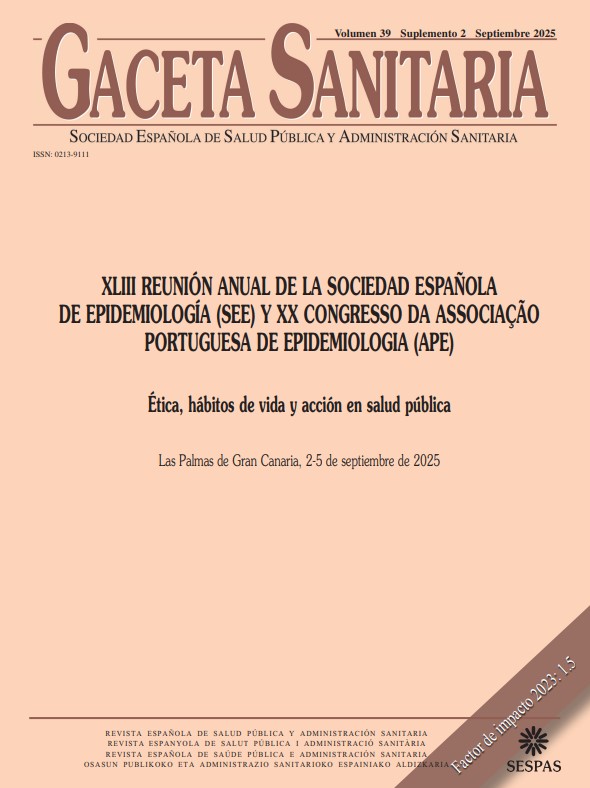839 - GENDER DIFFERENCES IN THE ASSOCIATION BETWEEN LIFESTYLE-RELATED BEHAVIOURS, CHRONIC DISEASES, AND BODY IMAGE DISTORTION: A STUDY IN THE ELSA-BRASIL COHORT
Center for Psychology at the University of Porto, Faculty of Psychology and Educational Sciences, University of Porto; Institute of Collective Health, Federal University of Bahia; Center for Integrated Data and Information on Healthcare, Oswaldo Cruz Foundation (FIOCRUZ); Laboratory of Health and Environment Education, Oswaldo Cruz Institute, Oswaldo Cruz Foundation; Laboratory of Health and Environment Education, Oswaldo Cruz Institute, Oswaldo Cruz Foundation; Gonçalo Moniz Institute, Oswaldo Cruz Foundation (FIOCRUZ).
Background/Objectives: Interest in studying body image perception has increased progressively over recent years due to its association with a series of health-related issues and conditions. Body image distortion is linked to various behavioural and psychosocial factors and differs between men and women. To determine the prevalence of body image accuracy/distortion in Brazilian men and women and to investigate sociodemographic and lifestyle-related factors, and the presence of chronic diseases associated with body image distortion.
Methods: Data from 6,357 men and 7,657 women participating in the Brazilian Longitudinal Study of Adult Health (ELSA-Brasil) were collected using a multidimensional questionnaire covering sociodemographic characteristics, health behaviors, health conditions, and body image perception.
Results: Most participants (53.5% of the women and 54.7% of the men) were found to have an accurate self-perception of their body. When the factors associated with the perception of being heavier than reality were investigated, adopting weight loss measures and not being hypertensive proved protective against this distortion, both in women and men. Conversely, the perception of being lighter than reality was associated, in both women and men, with better education, being black or of mixed race, adopting weight loss measures and not being hypertensive or diabetic. Additional factors associated with underestimating weight were not consuming alcohol (only in women) and belonging to a lower social class (only in men).
Conclusions/Recommendations: These findings may contribute to the implementation of public health policies and interventions to promote health and well-being in the Brazilian population.















